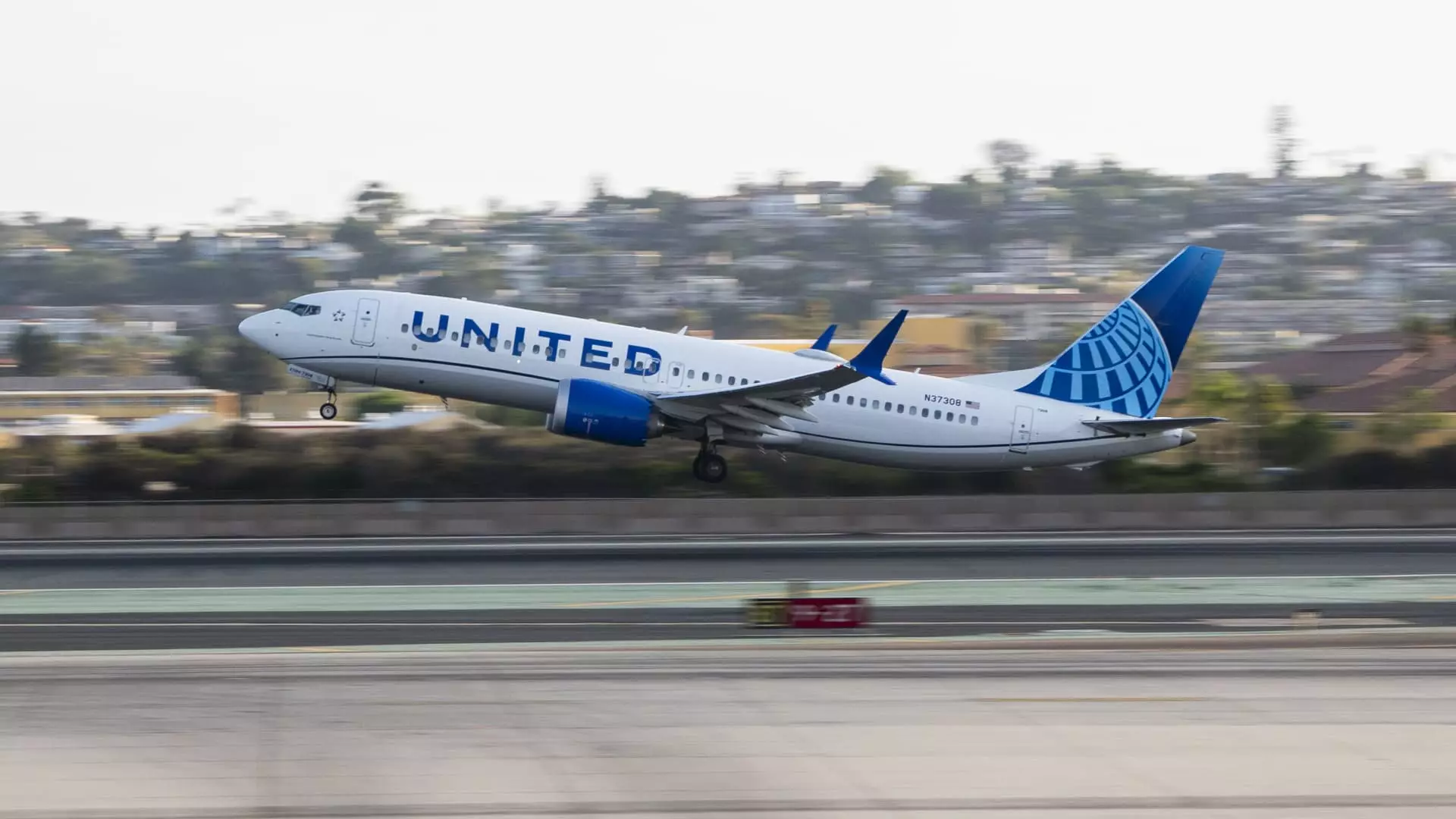United Airlines’ $1.5 Billion Share Buyback and Its Implications for the Airline Industry

On the heels of a remarkably busy summer travel season, United Airlines has announced a $1.5 billion share buyback program. This decision comes as the airline reports earnings that exceed expectations, as well as a positive outlook for the remaining months of the year. While such a financial maneuver might suggest confidence in the airline’s future, it raises questions about the broader implications for the airline industry and its stakeholders, particularly following the tumultuous years of the COVID-19 pandemic.
Performance Overview: Exceeding Expectations
United Airlines released its third-quarter earnings, revealing a revenue of $14.84 billion, a modest increase of 2.5% from the previous year. This result slightly surpassed analyst expectations, who had projected revenue closer to $14.78 billion. Earnings per share (EPS) adjusted for one-time items were recorded at $3.33, again outpacing the expected $3.17. Despite the positive news, it is crucial to note that the airline’s net income declined by 15%, indicating that growth is not without its challenges. Such mixed results prompt a critical evaluation of the health of the airline, despite achieving revenue targets.
Share Buyback: A Double-Edged Sword
The announcement of the share buyback program is particularly noteworthy, as it marks the first of its kind since the onset of the pandemic. During the pandemic, airlines, including United, received over $50 billion in government aid, which came with strict restrictions on share repurchases and dividends. Now, with the recovery in air travel and a more stabilized revenue stream, United is joining its peers, such as Southwest Airlines, in executing a share repurchase program.
However, this decision does not come without criticism. Although it may seem advantageous for shareholders, there are broader implications to consider. Critics argue that funds allocated for share buybacks could instead be used for employee wages, especially considering ongoing labor negotiations with the flight attendants’ union, which has been vocal in its opposition. The decision to prioritize shareholder returns amid labor tensions raises ethical questions about corporate governance and social responsibility.
In tandem with financial maneuvering, United Airlines is also intensifying its competitive edge through strategic expansions. Recently announced new routes to destinations like Mongolia, Senegal, and Greenland reveal United’s ambition to capture international travel demand. As corporate revenue grew by 13%, alongside a 20% increase in sales from basic economy tickets, the airline is evidently keen to diversify its offerings and broaden its market reach.
While growth in these areas indicates forward momentum, it is paramount for United to navigate production challenges effectively, particularly as Boeing’s factories face delays due to ongoing labor strikes. The timing of these expansions coincides with uncertainties around aircraft availability, potentially hindering operational capabilities if not managed carefully.
As United Airlines prepares for a call with analysts, the conversation will likely pivot towards demand projections for the holidays and into 2025. The path forward is laden with complexities as airlines globally grapple with fluctuating travel demand and economic pressures.
Moreover, shareholders and stakeholders alike will be keenly observing United’s movements as a bellwether for the airline industry at large. With competitors like Southwest Airlines also pushing for shareholder value through buybacks, the industry may find itself in a precarious balancing act of maintaining profitability while ensuring fair treatment of employees and adapting to changing consumer demands.
United Airlines’ announcement of a $1.5 billion share buyback combined with their optimistic earnings projections showcases a company attempting to assert its dominance in a recovering yet volatile market. However, beneath the surface, this decision highlights ongoing tensions between shareholder interests and workforce satisfaction. As the airline embarks on this new chapter, it must remain attuned to the expectations and needs of its employees and customers to ensure sustainable growth in an ever-evolving aviation landscape.





